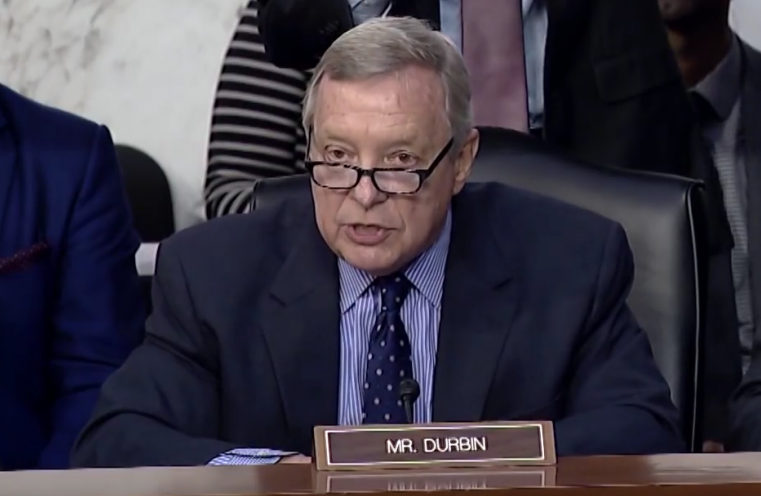Is there confusion in the United States’ immigration policy? Is there a sense in denying green card to a doctor risking her life to keep Americans alive at a time Covid-19 pandemic has overwhelmed public health?
This is the fate of Dr. Julia Iafrate, an intensive care unit doctor treating U.S. coronavirus patients.
She was denied permanent resident status as part of President Trump’s crackdown on immigration amid the pandemic. She’s lived in the US for 13 years.
The US blocks immigration while immigrants are on the front lines fighting the pandemic.
Iafrate is an assistant professor at the Columbia University Medical Center who specializes in sports medicine. She currently volunteers her time treating Coronavirus patients in New York, the epicenter of Covid-19 in the US.
She immigrated to the United States from Canada, completing a residency program at the Mayo Clinic and a sports medicine fellowship at the University of Iowa. For almost three years, she’s been working at the Columbia University Medical Center, according to cnn.
“I was blindsided. I was flabbergasted, and so was my immigration lawyer and so was my chair of my department and everyone else involved in this case,” Iafrate told CNN’s Chris Cuomo on Tuesday.
She said government asks immigrants to be expert in their field. “I am. I’ve proven that time and time again. And I was just blown away that at this time, of all times; they don’t think it’s necessary to have someone like me here.”
Meanwhile, a bipartisan Senate bill was introduced this week. It would make it easier for doctors and nurses to obtain green cards.

Senator Dick Durbin (D-Ill.) said in a statement that, “It is unacceptable that thousands of doctors currently working in the U.S. on temporary visas are stuck in the green card backlog, putting their futures in jeopardy and limiting their ability to contribute to the fight against COVID-19.”
But US Citizenship and Immigration Services, USCIS said in a statement that it doesn’t comment on decisions related to individual cases.
“USCIS evaluates each petition, application and request on a case-by-case basis to determine if they meet all standards required under applicable laws, regulations, and policies.
“Agency adjudicators may request further evidence and issue subsequent denials when the petitioner provides insufficient evidence to establish eligibility based on the preponderance of the evidence standard.
“It is incumbent upon the applicant — not the government — to show that the prospective beneficiary meets the requirements for eligibility under the law,” the agency said.
Iafrate is in the process of filing an appeal.
